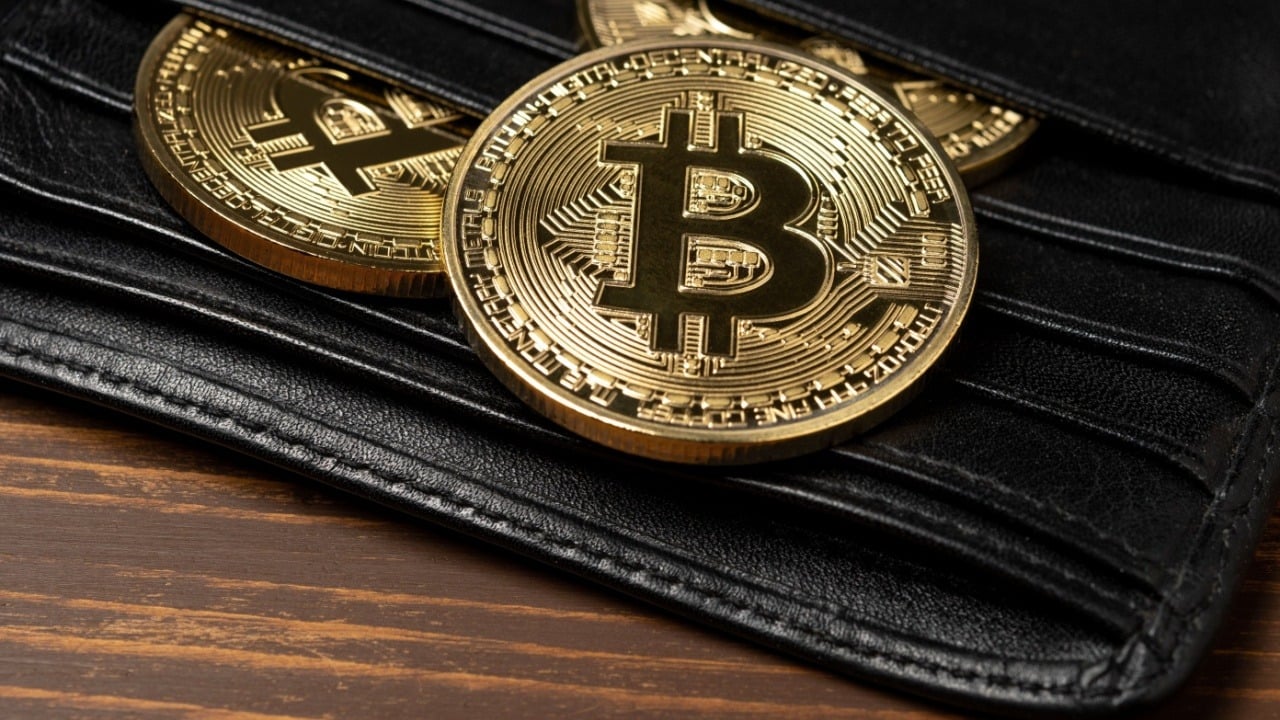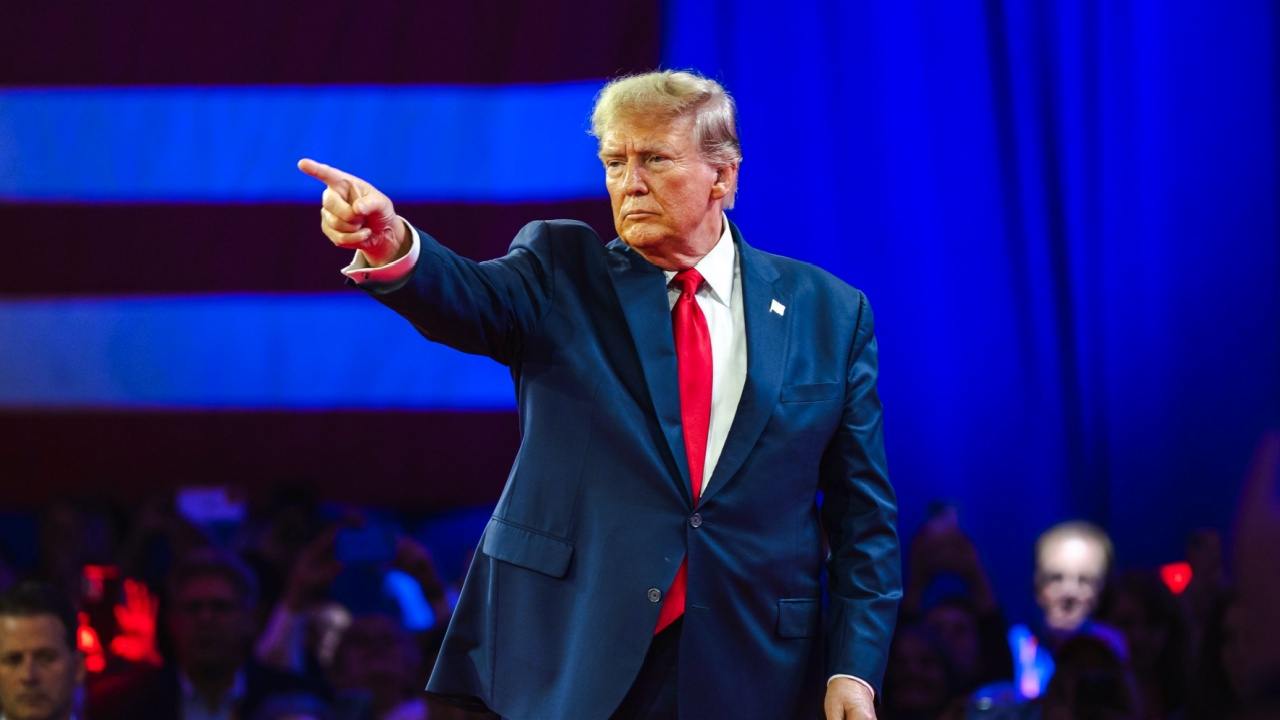Bitcoin ETF Ban: South Korean Authorities Crack Down On Spot And Futures
The Financial Supervisory Service of South Korea (FSS) has once again reaffirmed its prohibition on Bitcoin spot as well as futures Exchange Traded Funds (ETFs) which has drawn criticism from industry participants and legal practitioners. Related Reading: Trump Enters The Crypto Arena With Bakkt Acquisition – Details This is part of overhauling regulations that have […]

The Financial Supervisory Service of South Korea (FSS) has once again reaffirmed its prohibition on Bitcoin spot as well as futures Exchange Traded Funds (ETFs) which has drawn criticism from industry participants and legal practitioners.
This is part of overhauling regulations that have more or less kept the cryptocurrency market stunted particularly South Korea’s as compared to other advanced markets. The lack of FSS endorsement for such investment vehicles has major consequences to the financial scene of the country.
Regulatory Stance On Bitcoin Remains Firm
The FSS’s recent declaration demonstrates its continued commitment to stringent regulations governing cryptocurrency investments. Despite increasing global adoption of Bitcoin ETFs, South Korea remains hostile. The FSS has not only prohibited the development of Bitcoin spot and futures ETFs, but it has also restricted funds related to prominent cryptocurrency firms such as Coinbase.
This decision is based on measures implemented in 2017 to reduce the financial risks connected with virtual assets. However, detractors say that these regulations are out of date and lack legal basis in the contemporary situation.
An official at an asset management firm voiced frustration, noting: “We were ready to launch an ETF investing in Coinbase, but the FSS said we can’t for now.”
This opinion reflects a broader concern among financial organizations that South Korea is passing up lucrative investment prospects as other countries embrace cryptocurrency-related products.
Legal Concerns And Criticism
Legal experts have opined that the actions taken by the FSS are beyond its purview under the Capital Markets Act. According to Jeong Su-ho, an attorney with Renaissance Law Firm, excluding investments in public enterprises like Coinbase into a slate for prohibition has a strong legal basis.
He argues that while the FSS claims to protect investors, its method might be a case of regulatory overreach instead of actual investor safety.
In the banking industry of South Korea, this regulatory structure has discouraged creativity. In the lack of clear guidelines and support, many asset managers are wary to search for fresh digital currency products fearing rejection by the FSS. Global Context And Future Implications
Other markets are growing while South Korea’s rules get stricter. Investors are getting more opportunities in places like the US by offering more Bitcoin ETFs and other similar financial instruments. Nasdaq’s recent start of trade options on BlackRock’s iShares Bitcoin Trust ETF shows that cryptocurrencies are becoming more accepted in the financial world.
In South Korea, financial authorities have banned #Bitcoin spot and futures ETFs.
They also recently rejected the launch of funds investing in Bitcoin-related companies like Coinbase, citing investor protection as the reason.
Thanks for protecting us! @fsckorea
— Ki Young Ju (@ki_young_ju) November 20, 2024
Ki Young Ju, founder and CEO of CryptoQuant, says that these rules are meant to protect investors. However, people who disagree with them say that they are too strict and keep the country from following global trends in how digital assets are regulated.
The disparity between South Korea’s restrictive rules and the openness of other markets raises questions about the country’s global financial competitiveness. As demand for Bitcoin rises, industry stakeholders are concerned that South Korea’s inflexible approach would result in wasted chances for growth and innovation.
As the FSS maintains its ban on Bitcoin spot and futures ETFs, the need for more flexible regulations grows. As global markets adapt, South Korea must reevaluate its strategy to avoid falling behind in the fast-changing world of cryptocurrency investing.
Featured image from CNBC, chart from TradingView
What's Your Reaction?




















